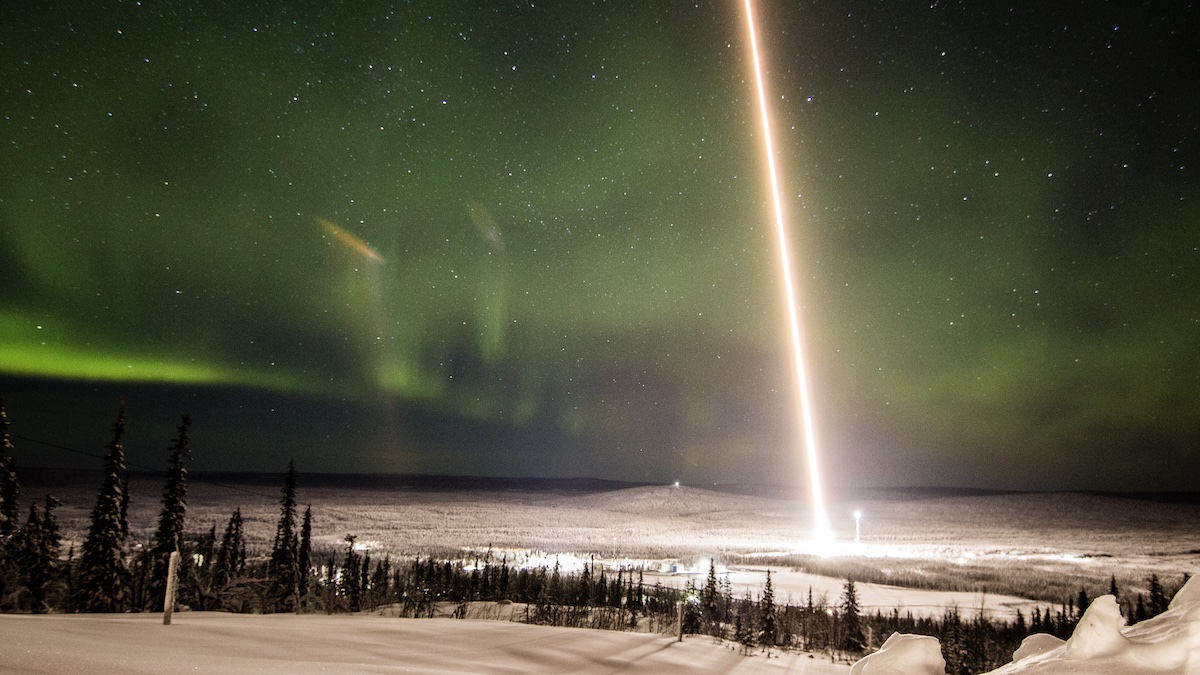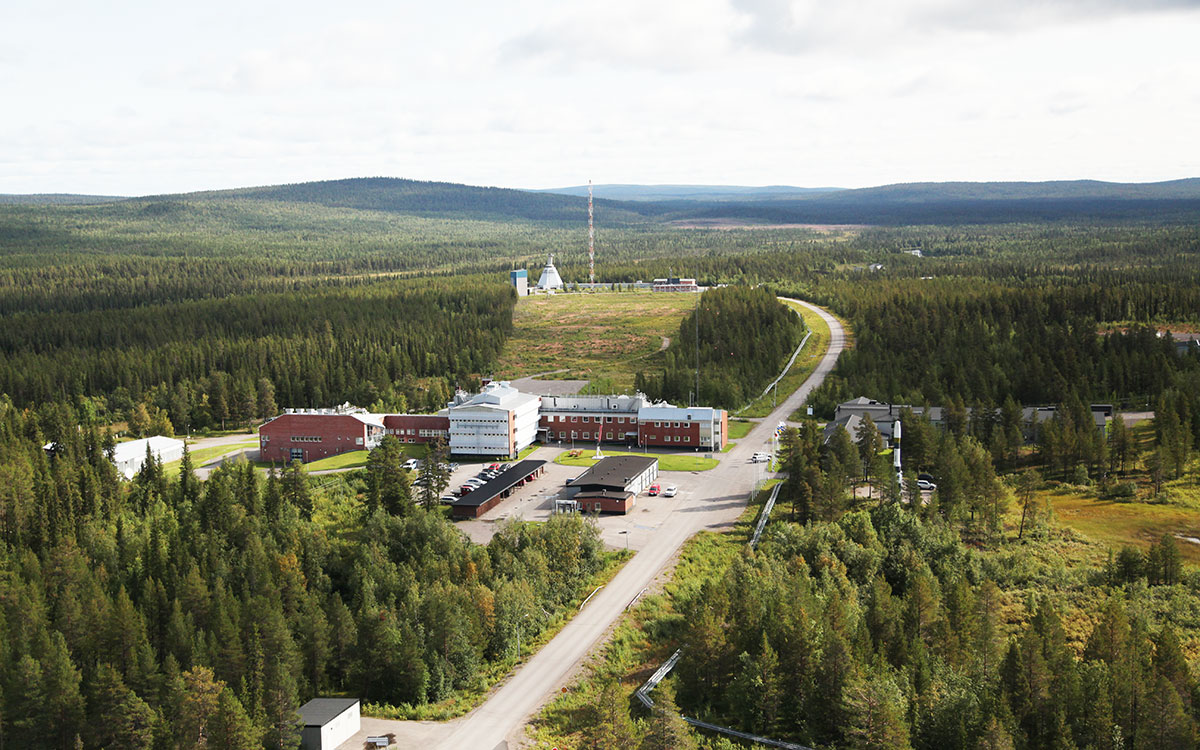Elon Musk has been making headlines for his far-fetched goal to incorporate a new city called Starbase near SpaceX’s headquarters in remote Texas. While his vision to revolutionize space travel remains as of yet unrealized, work is underway halfway around the world to revitalize the Esrange Space Center in northern Sweden into Europe’s first major orbital launch site for commercial satellites. The effort is being spearheaded by the Swedish Space Corporation, which took ownership of the facility in 1972 from the European Space Agency.
“The new testbed provides a platform for European and global space sectors to develop next-generation rocket technologies, and the needed infrastructure for launching small satellites,” Swedish Space Corporation CEO Stefan Gardefjord said in a statement. “Sweden will become a launching State, providing a capability of great importance for research, technology development, and expanded international cooperation.”
The plan might seem ambitious at first, but the nearby town of Kiruna—Sweden’s northernmost city—enjoys an illustrious pedigree when it comes to aeronautic research. Europe’s top scientific minds are well-versed with the area thanks to the Swedish Institute of Space Physics, the space engineering program at Lulea University of Technology, and a specialized Space High School program for gifted teenagers. Esrange also serves as a base for scientific research with high-altitude balloons, investigation of the Aurora Borealis, satellite tracking, and sounding rocket launches. An enormous satellite receiver dish sticking out of the nearby woods is a can’t-miss landmark; tourists also gravitate toward the facility’s appropriately named Aurora Hotel.
German rocketry startups are already using Esrange to experiment with engines, and even more are expected to join once the revitalization efforts are slated to wrap up in 2022. A recent study undertaken by the business development agency LTU Business estimates that, thanks to the interventions, Kiruna’s space research industry may double in size over the next decade, increasing the workforce by around 1,000. Thanks to the efforts underway at Kiruna, we wouldn’t be surprised to see Sweden emerge as a force to be reckoned with as the commercial space race prepares for takeoff.


